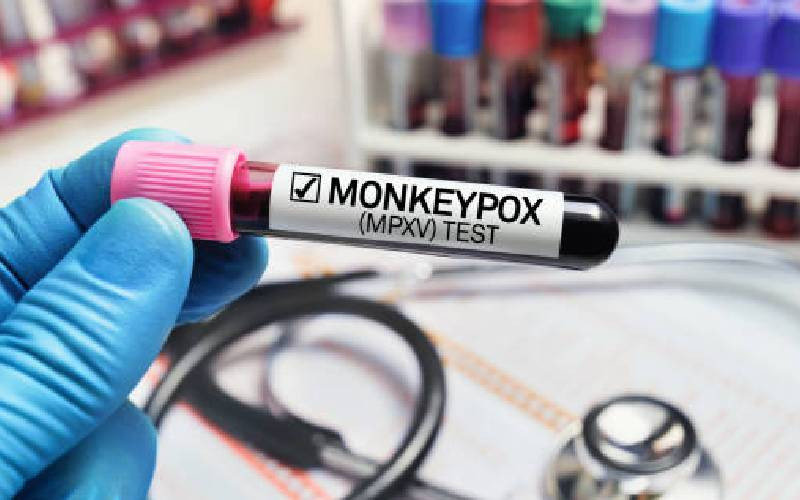×
The Standard e-Paper
Smart Minds Choose Us

Even after Covid-19 exposed flaws in the world's ability to respond to infectious disease outbreaks, we are seemingly back to the old ways, evidenced by the global response to monkeypox.
The world may once again lose a chance to control a pandemic. The zoonotic viral disease, already endemic in 10 countries in West and Central Africa, only drew the world's attention after affecting people in rich countries in the global north.